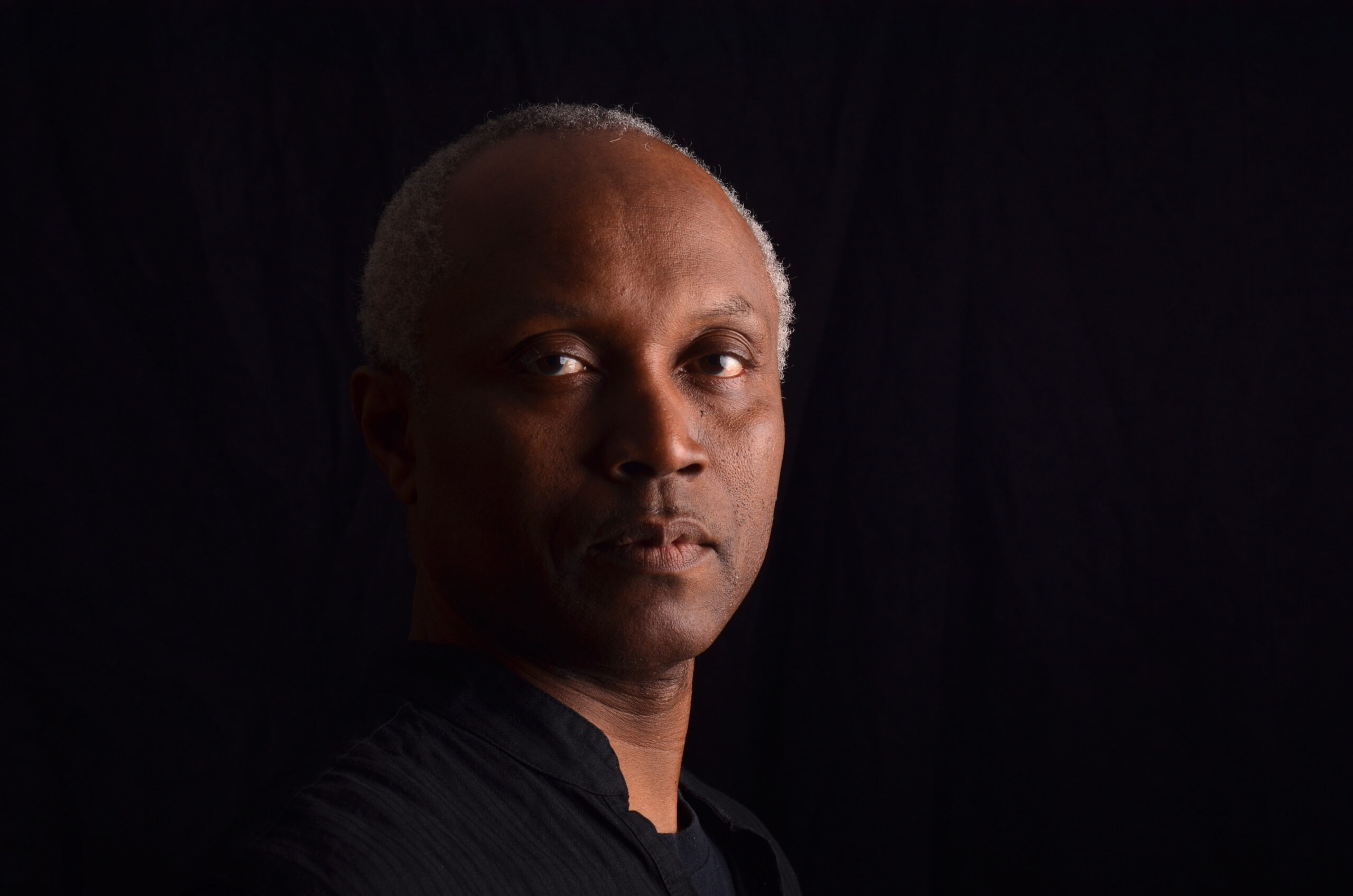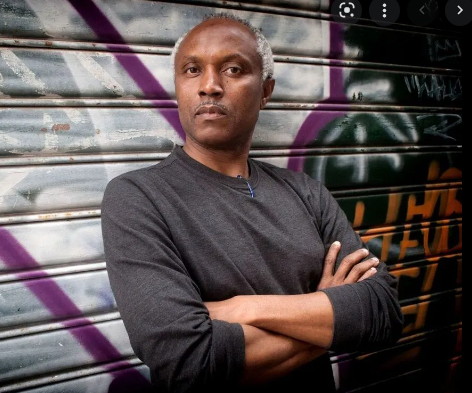
Nigeria has a macabre way of making one’s case for one. In this instance, the argument is that the Nigerian state, as constituted, is irredeemably failed—indeed too failed to contemplate general elections in 2023.
I was about to start this column when a friend called to give me gory news. A handful of bandits had set upon worshipers at St. Francis Catholic Church in Owo, Ondo State. Armed with guns and explosives, the attackers hadkilled at least twenty-five people, my friend said.Moments later, having rebounded from shock, I searched online for details of this latest outrage. One newspaper reported that at least fifty people had perished in the attack. Another newspaper estimated the casualties at more than seventy.
I’d be surprisedif the final tally did not turn out higher. Yet, whether the death toll ended up being five or five hundred, there’s no denying that Nigeria has long gone to seed. This space called Nigeria pretends to be a nation, but it is nothing of the sort. It is a miserable,doddering, gravely ill giant.
The incessancy of violent criminality in Nigeria underscores the point. Bloody atrocities such as happened this week in Owo have become all-too commonplace. Even so, the everydayness of deadly assaults in Nigeria is not even the main focus here. There are more salient questions.Why are the country’s intelligence agencies—the Department of State Security and others—notoriously flatfooted, unable to thwart any attacks? How come the perpetrators of violent crimes—mass killings, kidnappings, and armed robberies—are able to get away with their reprehensible acts?
The answer, in the final analysis, is that the Nigerian state operates as a criminal entity. Its officials illicitly deploy the instruments of the state to hijack public resources for their self-aggrandizement. Day after day, these officials—many of them exalted custodians of public trust—betray the Nigerian people. They get away with their impunity precisely because Nigeria is organized as a criminal-friendly space.
Think about it: the Nigerian constitution, the fundamental law that governs the country,was neithershaped nor animated in the least by the people’s will. It’s an errant, uninspiring document that owes its existence to the exclusive say-so of a few military officers.It’s no wonder that the arrangements enabled by this bastard constitution are consistently at odds with the interests of the Nigerian people.
Since 1999, Nigeria has fallen under the sway of some of its vilest criminal elements.Those charged with maintaining public order often moonlight as masterminds of criminality. They recruit, groom and arm criminals to help secure their hold on power. In return, they look the other way when their wards bring mayhem to the lives of hapless Nigerians.
President Muhammadu Buhari has presided over the fastest expansion of domestic violence in the country’s history. Under his watch, the kind of insecurity that was once limited to the northeast has spread to all parts of Nigeria. Commuters on Nigerian roads frequently navigate a terrain teeming with kidnappers and armed robbers who masquerade as herdsmen. Police and military roadblocks, ostensibly designed to combat crime, oftenserve to extorttravelers.
While Buhari has brought Nigeria to a new low, he had help from his predecessors. Olusegun Obasanjo, who these days likes to see himself as the conscience of his country,set a disastrous tone during his tenure. His was an imperial presidency. He undermined the legislature and defied the judiciary at will. In fact,he sought to render those separate arms of government subservient to the executive arm. He perfected the traitorous art of marshaling the powers of incumbency to gain unfair electoral advantage. On separate occasions, he sent soldiers on murderous missions in Odi, Bayelsa State, and Zaki Biam, in Benue State. He empowered a few unenlightened men to throw their weight about as political godfathers. And—in what was his ultimate assault on Nigeria—he tried to change the rules in order to perpetuate himself in office. Having failed in that ill-advised venture, he orchestrated a sickly man’s “do-or-die” emergence as his successor.
It says something about the Olympic-scale disaster of Buhari’s reign that he’s caused Nigerians to look back to the preceding presidencies—Obasanjo’s, Umaru Musa Yar’Adua’s and Goodluck Jonathan’s—with nostalgia. In the same spirit, many Nigerians have developed exaggerated expectations of the 2023 elections. At the very least, many see the elections as an opportunity to break with the gloom of the past seven years—and inaugurate a new departure.
That sentiment is understandable, but Nigerians had better reckon with the reality that good times are not one election away. I didn’t hear a single presidential aspirant of the two major political parties define a coherent vision of statecraft. They have parroted such lazy nostrum as a commitment to “carrying everybody along” or the sillier notion—voiced by former Governor Bola Tinubu—that it’s their turn “to rule.” A jamboree is playing out before our eyes. It’s all about who has the most cash to buy his party’s nomination—and then proceed to buy one political office or another. We’re witnessing a parade of visionless men who know that any political office in Nigeria is an opportunity for unchecked greed and self-enrichment, with zero obligations to perform.
All of which underscores the folly of placing inordinate faith in the outcome of the 2023 elections. I’d propose that it’s time Nigerians had an honest conversation about their polity.What do I mean by honest? I mean that no issue should be excluded. It’s silly when government officials state that Nigeria’s corporate existence is non-negotiable. In fact, unless that specific question is negotiated and resolved, the country will continue to be seen by different disaffected groups as illegitimate. If all constituent parts of Nigeria agree to stay together, then they must draw up a constitution that spells out the terms of coexistence.
The defects of the current constitution cannot be cured. Under it, even the best men and women in office are bound to be hobbled, fated to fail. A proper constitutional document must widen—in other words, democratize—access to political office. The current system is rigged in favor of moneyed mediocrities. How many Nigerians of stellar ideas can afford the N100 million that the country’s ruling party set as the price tag for a presidential nomination form?
A sound constitutional document will embody a national ethos. It will address the issue of what it means to be a Nigerian citizen. It will set out the relationship between the various sectors of the state, and define the powers and responsibilities of the tiers of government.
Instead of hastening into an election that will maintain Nigeria on its self-destructive path, I suggest the establishment of an emergency interim government to succeed Buhari. This body should have representation from all ethnic groups, faiths, major professions, students, and labor.

Okechukwu Ndibe, better known as Okey Ndibe, (born 1960) an acclaimed Nigerian novelist, political columnist and essayist was born in Yola, Nigeria. He is the author of Arrows of Rain and Foreign Gods, Inc.
Ndibe has worked as a professor at several colleges, including Connecticut College, Bard College at Simon’s Rock, Trinity College in Hartford, Connecticut, and Brown University.
We are honored that he brings his sharp intellectual depth and years of political activism to write for Life and Times.







